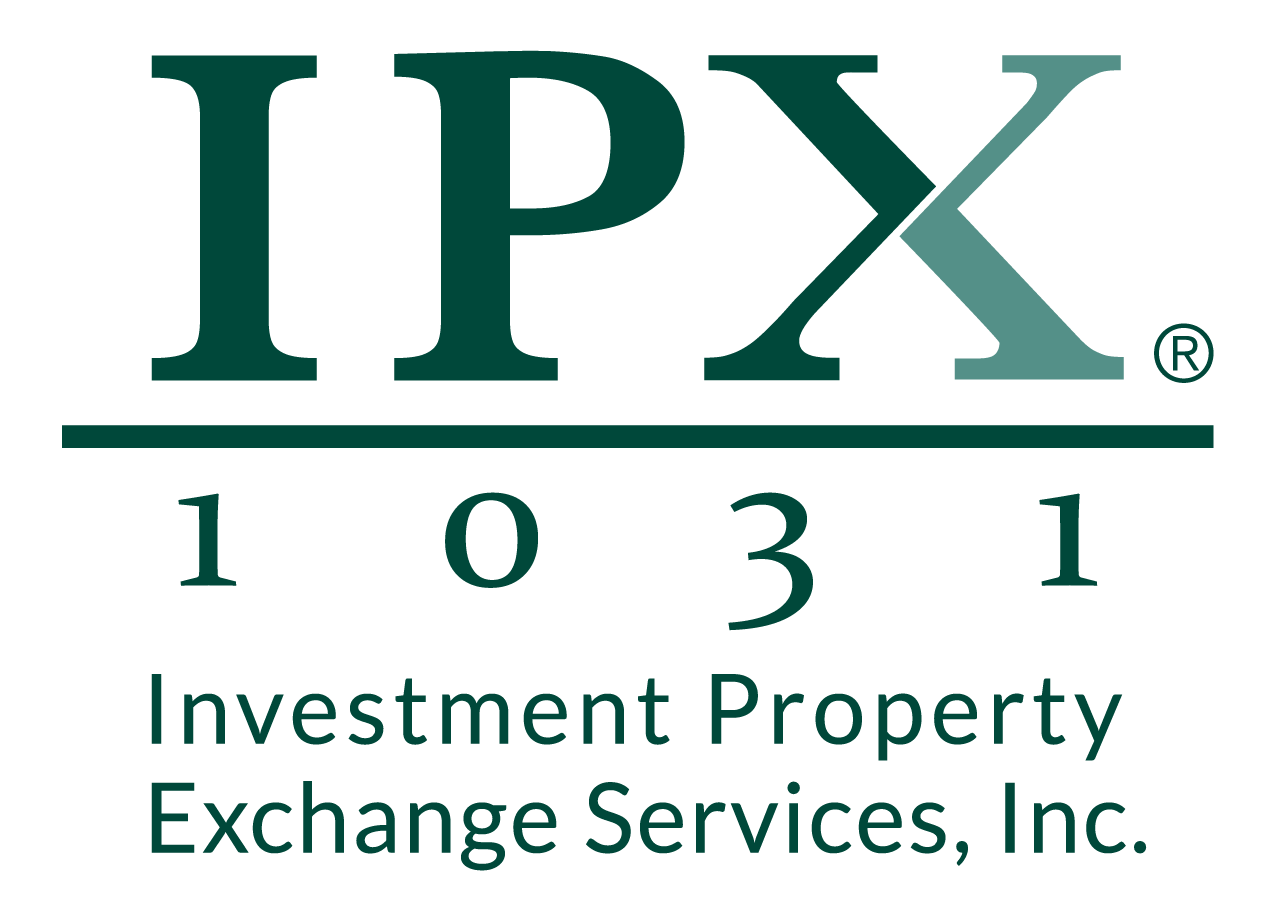A 1031 exchange can be one of the savviest strategies in real estate investing. When executed strategically and under the right circumstances, this type of transaction can help scale and optimize your portfolio.
That said, there are several common misconceptions about IRC 1031 exchanges. If you're looking to separate the wheat from the chaff, this guest post from our partners at 1031IPX cuts right to the chase on what you need to know.
Misconception #1:
A 1031 exchange means that the sale and the purchase have to happen at the same time. In other words, the seller has to find someone willing to swap properties.
No! The odds of you finding someone else with the exact property that you want — and who wants the exact property you have — are slim. For that reason the vast majority of exchanges are “delayed exchanges” in which you can sell your investment property to anyone wanting to buy it. You need to use a special “middleman” called a Qualified Intermediary (“QI”) or Accommodator who is required to hold the sale proceeds for you and who then uses those proceeds to buy any replacement property that you want.
Misconception #2:
My attorney can handle the exchange for me as my Qualified Intermediary. Or, my accountant knows all my tax stuff — I’m going to use my CPA as my QI.
No! If the seller’s attorney or accountant has provided any legal or accounting related services (or any service not exchange-related) in the two-year period before the exchange, they are disqualified and may not act as the Qualified Intermediary.
Misconception #3:
To do a 1031 exchange I just need to file a form with the IRS with my tax return and “roll over” the proceeds into a new investment. As long as the seller doesn’t touch the sales proceeds, he/she can do an exchange any time.
No! A valid exchange requires much more than just reporting the transaction on Form 8824. One of the biggest “no-no’s” in structuring an exchange is allowing the taxpayer to have actual or constructive receipt of the sale proceeds. This could trigger a taxable event. The QI must hold the sale proceeds during the course of the exchange.
There are specific deadlines that must be adhered to as well.
You have 45 calendar days, starting from the date you close on your sale, to simply identify the possible replacement properties you might want to buy. Then you have 180 days (again, starting from the day you close on the sale) to close on the purchase of one or more of the properties identified.
Misconception #4:
The capital gain tax rate is only 15%. I’ll just bite the bullet and pay the taxes now.
Think twice about that! Capital gain tax rates have changed significantly starting in 2013. Your capital gain tax rate might be 15%, or possibly 18.8% or even as high as 23.8% (depending on your income level, and subject to the new 3.8% Medicare surtax). And since you are selling investment property, there is probably the recapture of depreciation. The depreciation recapture tax rate is 25%.
A non-exchanger will also have to pay the tax at the state level as well. In most cases, the state tax on the sale of real estate can also be deferred by doing a 1031 exchange. In summary, if you do not exchange and simply pay the tax now, you could have an effective or blended capital gains rate as high as 35% to 40% (State tax + depreciation recapture + new capital gains rates).
Misconception #5:
All of the funds from the sale of the relinquished property must be reinvested.
Not necessarily! A taxpayer or exchanger can buy down in value. Or a taxpayer can choose to withhold funds or receive other non-like-kind property in an exchange. But the amount that they buy down, or money they withhold, or any other non-like-kind property received, is considered “boot” which means the exchanger likely will have to pay some taxes.
Misconception #6:
You must replace the debt that you had on the relinquished property with at least the same amount of debt on the replacement property.
Not necessarily! The exchanger can always bring their own cash to the closing table for the replacement property to offset any reduction in debt.
Misconception #7:
Exchanges are complicated and are only for big investors.
Again, no! Exchanges don’t have to be complicated. A good Qualified Intermediary will work with you and your tax or legal advisors to make sure the process is done correctly and as seamlessly as possible.
Exchanges are not just for big investors.
Anyone owning investment property that has a gain (the market value greater than its adjusted basis) should consider a 1031 exchange.
Schedule a call at your convenience to speak directly with one of our advisors about how Roofstock can help with 1031 exchanges.
Misconception #8:
When I sell my home – where I live with my spouse and the kids and our pets – I should do a 1031 exchange.
Tax-deferred exchanges are not for real property held only for personal use. They are for investment property only. You cannot 1031 exchange your personal primary residence for another home. There is another part of the tax code that already allows you to sell your home and avoid capital gain tax. However, there are ways to use a 1031 to exchange mixed-use rental/vacation homes within certain parameters. Consult your QI and tax advisor for more information.
Misconception #9:
If you sell one property, you can only exchange into one property.
No. You can sell one property and exchange into multiple replacement properties, including single-family rental homes. And the other way around as well: you could sell multiple properties and exchange into one larger and more easily managed property. You can buy or sell any number of properties in an exchange. The devil is in the details, so choose a good QI to help you.
*****
Interested in boosting your real estate returns through a 1031 exchange? Roofstock’s robust marketplace of leased single-family rental properties makes it easy to purchase and own customized portfolios of turnkey, cash flowing homes within 1031 exchange time limits. Create your free account to save your favorites and be the first to know when we have a new listing or portfolio that matches your investing criteria:











